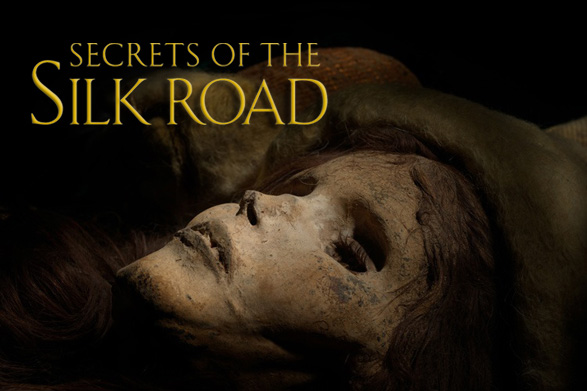Please use this as an exchange to trade and share lesson ideas...
If you're like me, then you understand the importance of maps in teaching world history. There is not a unit that goes by without my using a map or studying the geography of a certain place.
 Map skills and geography are an essential part to truly understanding world history. Just knowing the geographic make-up of a certain culture will allow students to understand, why the culture developed the way it did, and give a deeper understanding of the development of that region. For example, in studying Greece it is vital to understand that the Greeks (Minoans and Mycenaeans) were a coastal people who had a very mountainous and rocky terrain. Because of this, they were excellent fisherman and developed vast networks of trade to import wheat and grains. This is best learned by looking at maps and studying the landforms in and around Greece.
Map skills and geography are an essential part to truly understanding world history. Just knowing the geographic make-up of a certain culture will allow students to understand, why the culture developed the way it did, and give a deeper understanding of the development of that region. For example, in studying Greece it is vital to understand that the Greeks (Minoans and Mycenaeans) were a coastal people who had a very mountainous and rocky terrain. Because of this, they were excellent fisherman and developed vast networks of trade to import wheat and grains. This is best learned by looking at maps and studying the landforms in and around Greece. But what can be challenging sometimes is teaching the simple concepts of Longitude and Latitude, and having the students understand its importance. (Can't we just use GoogleMaps? or "Then why do we have GPS?")
http://video.about.com/geography/Latitude-and-Longitude.htm
Maybe watch the video... have kids take notes.
Watch the video again and discuss.
Then do some kind of activity where they implement the knowledge they've gained. But what kind of activity can you do that has purpose?
Since something like this is most beneficial early in the year, I'd suggest having students find out where their ancestors are from. (Germany, Liberia, Dominican Republic, Russia, Ireland, etc...)
Then have them give coordinates for their places of origin. And then map it.
Simple enough, but an even better idea would be to then create a world map for the entire class or classes. Students love to see where they're from and how many other students share their culture. Then continue by turning it into a culture lesson. Find similarities and differences between each student's backgrounds.
National Geographic (naturally..) has a good activity: http://www.nationalgeographic.com/xpeditions/lessons/01/gk2/longlat.html
This is not a bad idea for middle schoolers: http://www.ideatestbed.com/longitude/webquest.shtml
How do you teach Longitude and Latitude?


